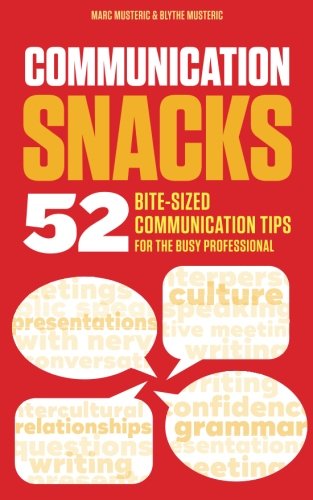Listen to the audio recording below.
PLUS and PRO Members can download this file! Click here to join.
Read and practice these intonation rules.
| 1. | Yes/No Questions: a) Questions that ask for a yes or no answer require a strong rising intonation on the stressed words and on the final word of the sentence. b) When you want to ask a quick question or one that isn't very important, make the rising intonation flatter. | |||
| 1-a) | Do you take the train to work? | 1-b) | Do you take the train to work? | |
| Do you like your commute? | Do you like your commute? | |||
| 2. | Tag Questions: a) To confirm a statement, raise your intonation on the stressed word and then let it fall. Then, raise your intonation again on the question tag. b) Falling intonation on the tag implies that you think you know the answer and you want the listener to agree with you. | |||
| 2-a) | You take the train to work, right? | 2-b) | You take the train to work, don't you? | |
| It's really nice outside, isn't it? | It’s really nice outside, isn’t it? | |||
| 3. | Information Questions: a) Questions that ask for information require a rising and falling intonation on the stressed word at the end of the question. b) If the stressed word is not the last word of the sentence, then the intonation rises on the stressed word and then falls on the final word(s). | |||
| 3-a) | How long is your commute? | 3-b) | How long does it take you to get to work every day? |
|
| What is your name? | What’s your last name? | |||
| 4. | Questions with a Choice: a) Questions that ask you to make a choice have rising intonation on the first choice and falling intonation on the second choice. b) If the question has more than two choices, the intonation rises on all the choices except the final one. The final choice has falling intonation. c) The intonation rises on all choices if the speaker wants to indicate that there may be more choices or that the listener does not have to make a choice at all. |
|||
| 4-a) | Do you want coffee or tea? |
4-b) | Do you want coffee, tea, or soda? |
|
| 4-c) | Do you want coffee or tea? (You don’t have to choose either one.) |
|||
| 5. | Statements into Questions You can turn a statement into a question by adding rising intonation on the stressed words at the end of the sentence. This can be used to show surprise. | |||
| 5) | You left at five in the morning? | |||
© 2011 Ovient, Inc. All Rights Reserved.

 About MyOvient
About MyOvient Contact Us
Contact Us


